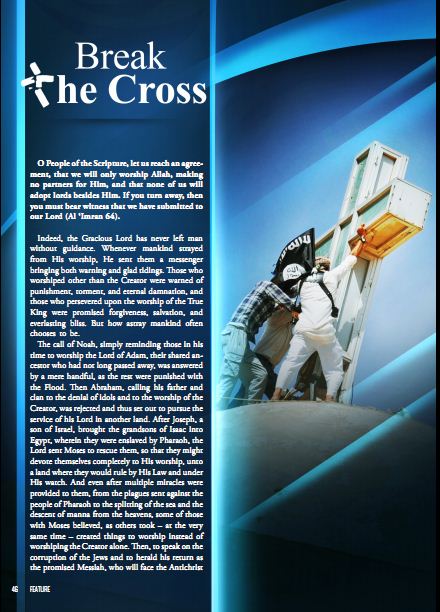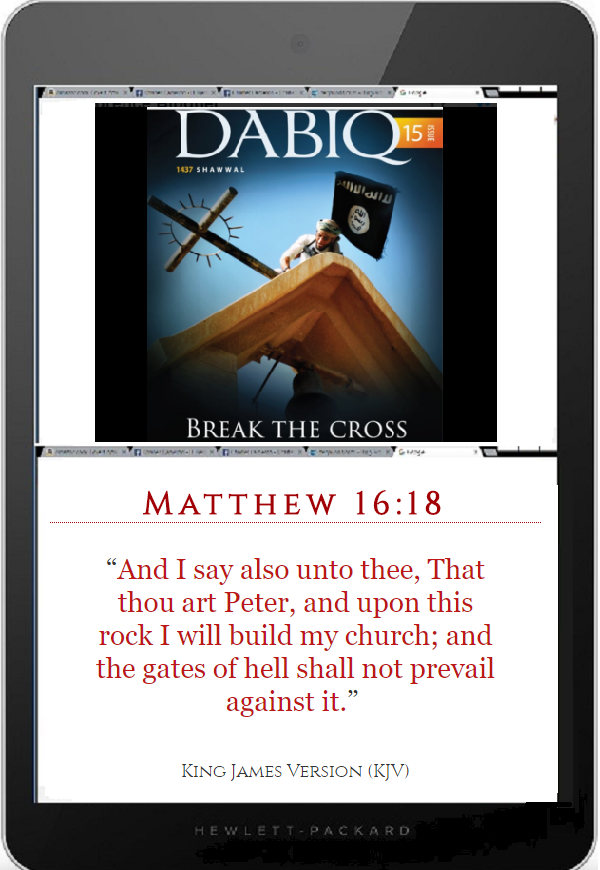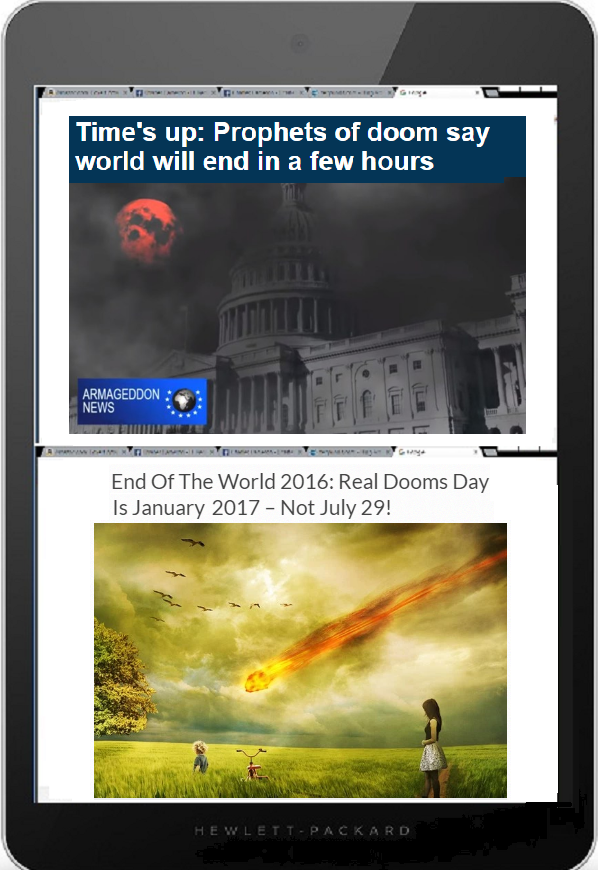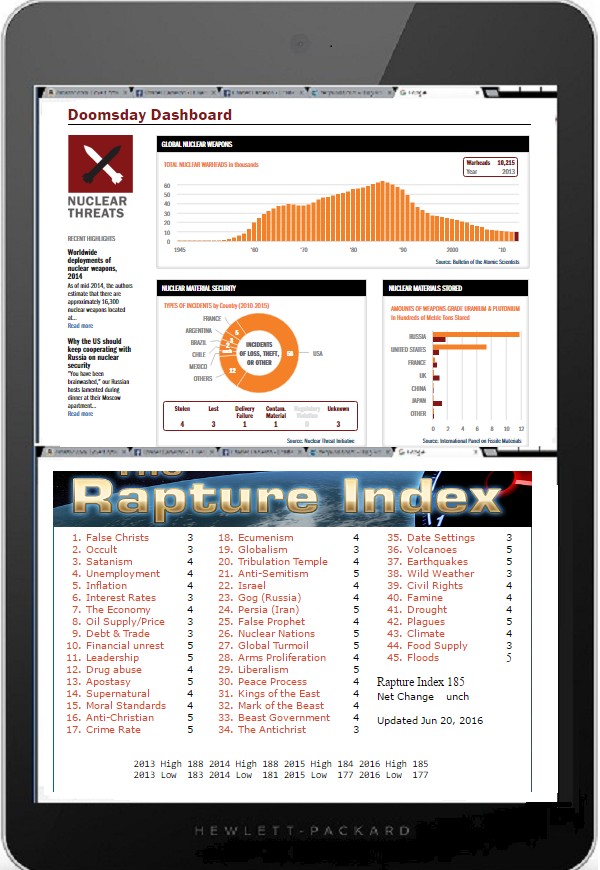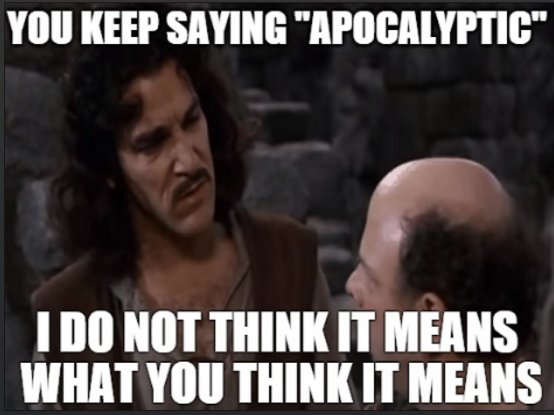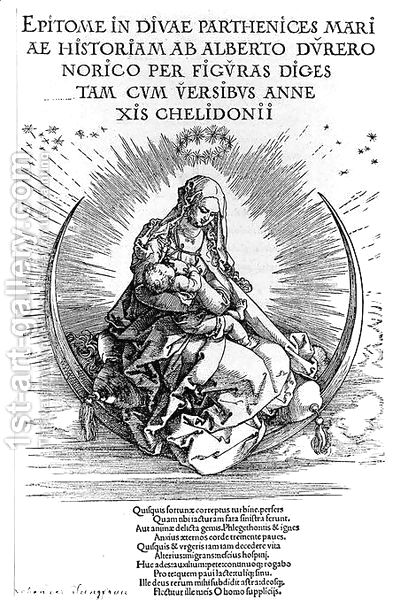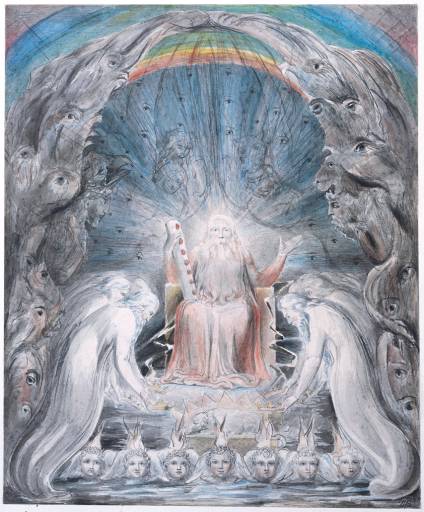[ by Charles Cameron — surplus and lack vs good and evil ]
.

I have to admit, I’m used to wealth redistribution being a concept on the left — socialist, whether in the sense indistinguishable from communist, often found in the US, or in the more moderate sense of the word found more frequently in Europe — as proposed by Bernie Sanders in the upper panel, and was surprised to see Sen. Cruz‘ father using the same concept, albeir in a different sense, lower panel, on the right.
As my title suggests, the distinction to be drawn here is between the material distinction between rich and poor, and the spiritual distinction between sheep and goats.
**
For a different distinction, see also Tim Furnish‘s comment in his book Sects, Lies and the Caliphate “that liberals are almost always messianic, while conservatives tend more toward the apocalyptic”:
It’s certainly the Democrat party, for the most part, that worships the idea of our elected democratic officials as messianic wealth-redistributors, assisted by their hordes of bureaucratic disciples; while the GOP (not unreasonably, perhaps) obsesses about apocalyptic demise—whether politically, theologically, or both.
Furnish is writing in response to Anne Barbeau Gardiner‘s review of Ross Douthat‘s book, Bad Religion: How We Became a Nation of Heretics here — making use of a distinction which comes from Douthat himself:
The fourth heresy is American nationalism, which has two sides, messianic and apocalyptic. The messianic side turns democracy into a religion capable of doing the “redemptive work that orthodoxy reserves for Christ and his Church,” while the apocalyptic side envisions our national history as a “downhill slide.” Today these two sides are “bipartisan afflictions.” Each takes its turn in the driver’s seat — the messianic when a favored political party is in power, the apocalyptic when it is out of power — with the result that they go through cycles of “utopian hopes and millennial angst.” Moreover, the two parties are “theological worlds unto themselves,” creating a Manichean landscape of good versus evil where a Christian is pressured to conform his “theology to ideology.”
**
Within a purely secular context, transfers of wealth happen all the time, in regular clock time, by means of gift, trade, theft and plunder.
Within a Christian theological context, however, humans taking it upon themselves to separate the sheep from the goats is surely no different from separating the wheat from the tares — and as such, distinctly not something to be done until “the harvest” — in “the end times”.
Matthew 13. 24-30:
Another parable put he forth unto them, saying, The kingdom of heaven is likened unto a man which sowed good seed in his field: But while men slept, his enemy came and sowed tares among the wheat, and went his way. But when the blade was sprung up, and brought forth fruit, then appeared the tares also. So the servants of the householder came and said unto him, Sir, didst not thou sow good seed in thy field? from whence then hath it tares? He said unto them, An enemy hath done this. The servants said unto him, Wilt thou then that we go and gather them up? But he said, Nay; lest while ye gather up the tares, ye root up also the wheat with them. Let both grow together until the harvest: and in the time of harvest I will say to the reapers, Gather ye together first the tares, and bind them in bundles to burn them: but gather the wheat into my barn.
And that’s a very different scenario, in which the timing is by definition unknown.
